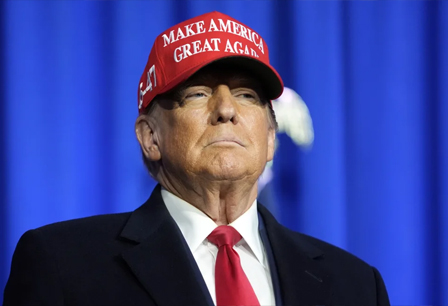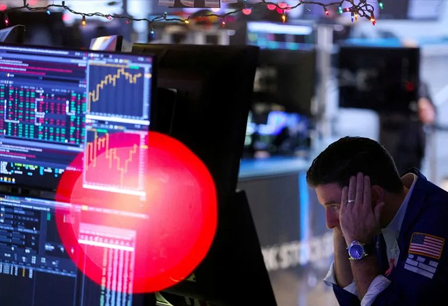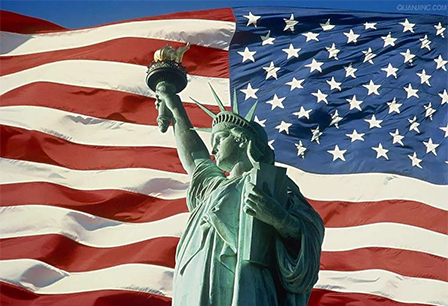前美联储主席艾伦格林斯潘认为,美国经济衰退是美联储旨在抑制通胀的激进加息制度“最有可能的结果”。他加入了越来越多的经济学家的行列,预测经济衰退迫在眉睫。
His views are particularly important. Not only did Greenspan serve five terms as Fed chair under four different presidents between 1987 and 2006, but he was the last chair to successfully navigate a soft landing, in 1994. In the 12 months that followed February 1994 Greenspan nearly doubled interest rates to 6% and managed to keep the economy steady, avoiding recession.
Greenspan, now 96, said in a note this week that he doubts this current bout of hikes will result in a repeat performance.
The last two months of data showed that prices are beginning to decelerate – good news but not good enough, he said. “I don’t think it will warrant a Fed reversal that is substantial enough to avoid at least a mild recession,” said Greenspan, now a senior economic adviser to Advisors Capital Management, in commentary released on the company’s website Tuesday.
The Fed hiked interest rates seven times last year, increasing the rate that banks charge each other for overnight borrowing to a range of 4.25%-4.5%, the highest since 2007. Fed officials still expect to raise rates by another percentage point, according to projections released during their December monetary policy meeting.
Wage increases and, by extension, employment, “still need to soften further for a pullback in inflation to be anything more than transitory,” said Greenspan. “So we may have a brief period of calm on the inflation front, but I think it will be too little too late.” Unemployment rates remain near historic lows, holding at 3.7% in November. New employment data is set to be released Friday morning.
Greenspan doubts the Fed will loosen interest rates soon because “inflation could flare up again and we would be back at square one,” he said. “Furthermore, this could potentially damage the Federal Reserve’s credibility as a purveyor of stable prices, especially if the action were seen to be taken merely to protect the stock market rather than in response to truly unstable financial conditions.”
He does see some good news for investors on the horizon. Markets won’t be nearly as chaotic in 2023 as they were last year, he said. “I believe 2022 would be a tough year to top with respect to market volatility,” he remarked.












